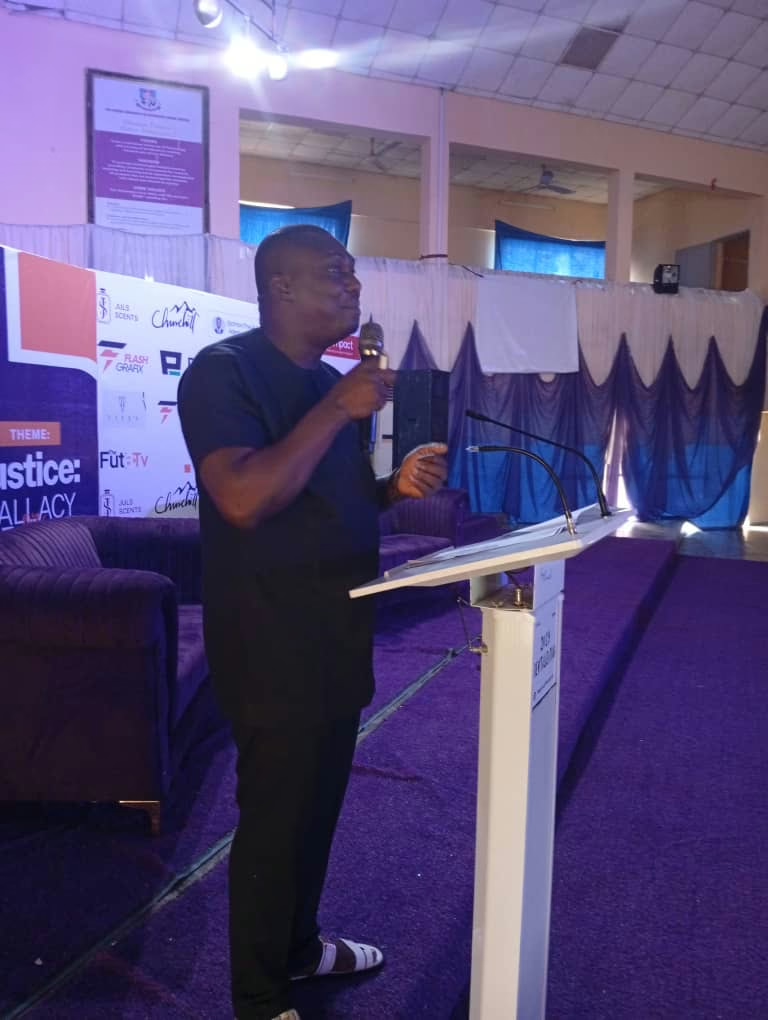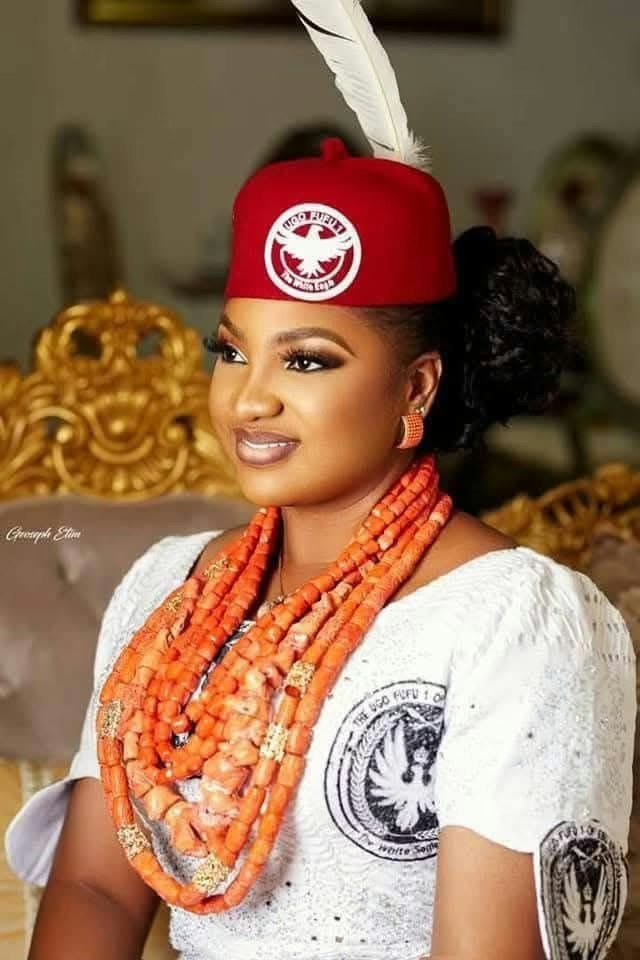Human rights lawyer and activist, Tope Temokun, has called on Nigerians, particularly the younger generation, to actively engage in the fight for justice, stating that justice is not merely a theoretical concept but a cause that requires concerted action.
Speaking at the 11th Judicial Summit of the Judicial Council of the Students’ Union of the Federal University of Technology, Akure (FUTA), held on March 28, 2025, Temokun redefined the summit’s theme, asserting that discussions must transcend academic deliberations to real-life engagement in the pursuit of justice.
Temokun, who was originally invited to speak on the topic, “Justice and the System: Loopholes, Barriers, and the Path to Change,” argued that the topic was too philosophical. Instead, he reframed it as “This and the Next Generation: The Endless Search for Justice and Freedom.”
According to him, the quest for justice should not be reduced to mere intellectual exercises but should be grounded in practical activism.
He cited prominent historical figures, including Amilcar Cabral, Karl Marx, and Patrice Lumumba, to highlight the necessity of direct action against oppression and systemic injustice.
“Our country resembles an illegally imported, overused vehicle that has passed through the hands of dubious and reckless users. It has developed many ailments; mechanical, physical, and even metaphysical. The solution lies in either discarding the entire vehicle or undertaking a comprehensive overhaul,” he remarked.
He pointed out that beyond corruption, which remains a significant issue, fundamental rights such as dignity, access to justice, and social welfare have been continuously trampled upon in Nigeria.
He decried the plight of activist lawyers who risk their careers and lives to challenge systemic oppression, lamenting that society has largely remained passive in supporting such individuals.
Taking a swipe at the current political system, Temokun questioned the nation’s democratic choices, stating that many Nigerians have resigned themselves to political elites who have continued to manipulate the judiciary and other institutions.
“We can’t keep saying we want to reject a pressured judiciary or a corrupt judge while we continue to allow only the likes of Tinubu and his anointed successors to dominate our elections. Our politicians are not just seeking power; they are actively working to compromise institutions, including the courts, to maintain their control,” he stated.
He criticised the Nigerian Constitution, particularly the 1999 Constitution, describing it as a product of military rule that remains centralised and anti-people despite multiple amendments.
He argued that the constitution fails to guarantee fundamental rights and called for a complete overhaul that reflects the will of the people rather than a military-imposed document.
Temokun also questioned Nigeria’s national unity, referencing the 1914 amalgamation and arguing that the country’s forced union has not translated into genuine national cohesion.
He asserted that beyond symbolic gestures such as a new national anthem, there must be an honest conversation about whether Nigerians truly see themselves as one people.
Additionally, he lamented the lack of support for activist figures such as Omoyele Sowore, noting that while some individuals continue to challenge oppressive systems, many Nigerians dismiss them as unrealistic or confrontational.
He called on young people to break free from this mindset and actively support those fighting for justice.
“We either get organised to reject those who are destroying our country and muster the courage to turn away from them and their trappings by fighting for a system that can guarantee our freedom to choose, which involves rejecting all forms of injustice and oppression, including the suppression of our voice or we are ready to accept our fate,” he stated.
He urged young Nigerians to move beyond attending seminars and summits, stressing that real change requires bold participation in governance and activism.
“If we truly want a better country, we must fight for it. Enough of just talking about it, we need action! We cannot keep expecting change while surrendering our voices and choices to those who undermine our nation’s future,” he declared.
The judicial summit, which brought together law students, legal practitioners, and human rights activists, served as a platform to examine the state of justice in Nigeria and the role of young people in effecting change.











Leave a Reply